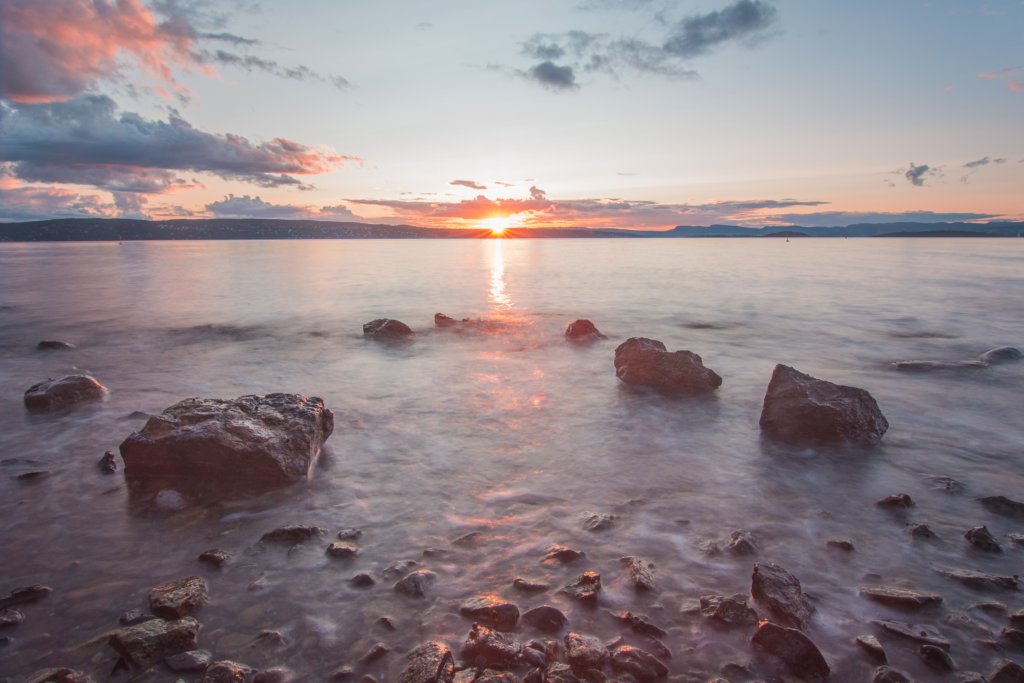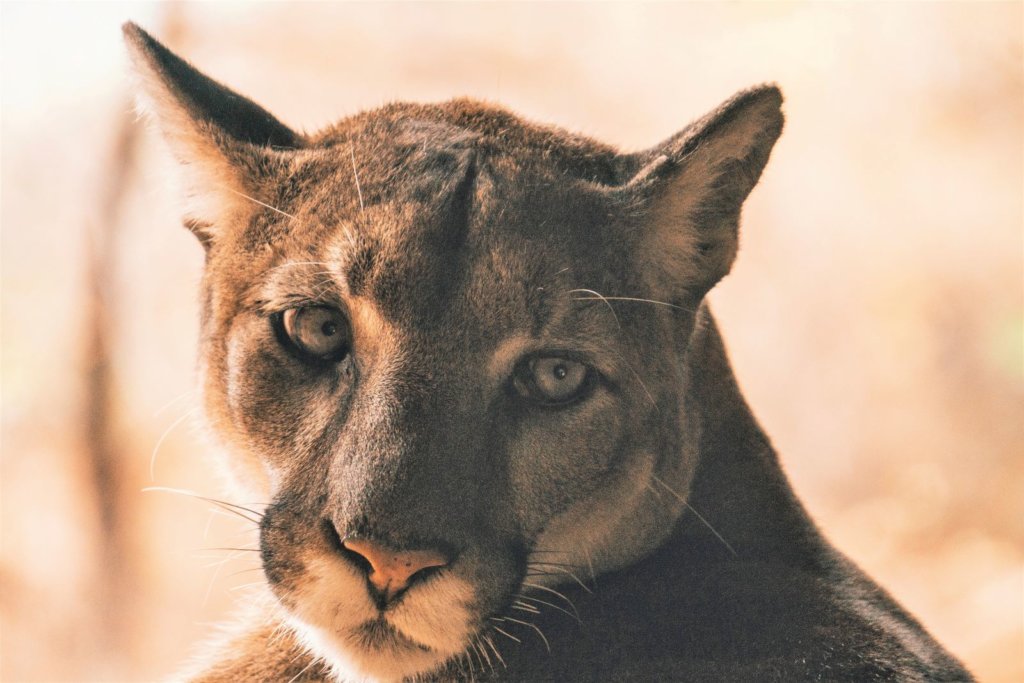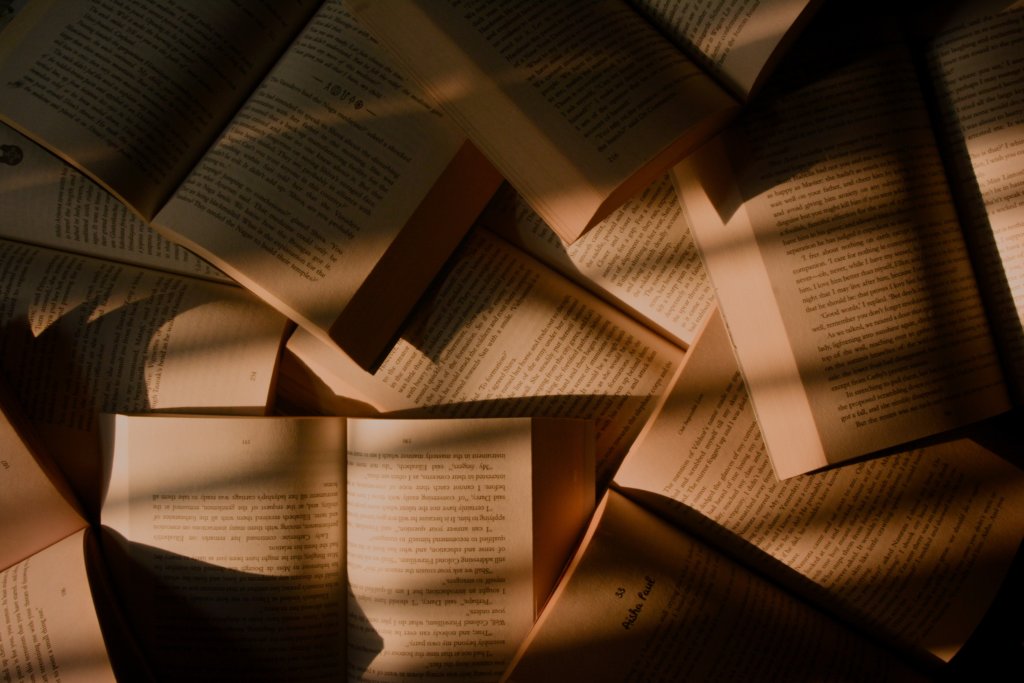For a long time, I considered myself safe only if there was no presence of danger. That makes sense if you look up the word “safe” and “safety” in the dictionary. Merriam-Webster defines safe as “secure from threat of danger, harm, or loss.” That’s how I’ve tried to live my life: not running with scissors, wearing my seatbelt, looking both ways when I cross the street, etc. It’s been my prime objective to avoid danger. However, if you live long enough, you soon realize you can’t avoid danger.
To be alive means to encounter threats. They could be in the form of other people, like a mugger or a drunk driver; a wilderness threat like a snake or a wasp; or a natural disaster like a flash flood, fire, or earthquake. There are more threats, of course, I’ve just named a few, but the point is, no one can live in a safety bubble. It’s not possible. How then do we keep ourselves safe? What does safety even mean in that context?
To go back to etymology, the word “safe” was derived from the Old French word sauf, which means protected and watched over. I like that definition because it means even in dangerous situations, I can be safe because I’m protecting myself, I’m watching over myself. In other words, I’m making good choices to ensure my eventual safety. That could be slowly backing away from a mountain lion, carrying pepper spray to ward off an attack by a person, or evacuating my home in the case of a fire. Just because there’s risk of harm doesn’t mean harm is inevitable.
When it comes to safety, that’s the piece that’s been missing for me. I discount my ability to take care of myself, to show up for myself in dangerous situations. Instead, I’ve believed the worst possible thing will happen and I’m helpless to prevent it. Um, not true. I keep a cool head in stressful situations, choose wisely, and prepare as much as I can in advance, like looking up what to do if encountering a mountain lion. That’s called keeping myself safe.
For someone like me who is perpetually worried about safety, who’s scared of danger, and tries to outsource my safety to someone else sometimes, recognizing the power and ability I have within me is huge. That may not be you. You might be a person who already feels confident in yourself and your abilities, but for the person who identifies with me, the anxious scaredy-cat, I hope you hear me when I tell you: You can do this.
I’m reminded of the quote by A.A. Milne, author of Winnie the Pooh who said, “You are braver than you believe, stronger than you seem, smarter than you think, and loved more than you know.” Yes. We are. I don’t know about you, but I often sell myself short. I don’t want to do that anymore. Having an inferiority complex is not accurate because as my spiritual teacher says, “A person must not suffer from an inferiority complex, because that person and his or her friends and siblings are all the progeny of the same Progenitor. They come from the same origin.”
That means I’m just as capable as anyone else. That means I absolutely have the power within me to protect myself, to keep myself safe. Not because I’m avoiding danger at all costs, but because I’m making choices in the moment to minimize risk. That matters. A lot.
I dream of a world where we recognize we are safe not when we avoid danger, although that may be a part of it, but rather due to what happens after the threat arises. A world where we remember we have a force within us, an instinct to keep us alive. A world where we understand we are capable people and we create safety for ourselves.
Another world is not only possible, it’s probable.
This week I’ve contemplated the internalization of “-isms” such as racism, sexism, and classism. These are the ways that we’ve accepted our inferior or superior status. For me, I’ve realized how much the way I view writing and reading is tied to patriarchy. And maybe intellectualism. I like women’s fiction, also called chick lit. Think Bridget Jones’s Diary or Confessions of a Shopaholic. Those aren’t my favorite books, but I mention them because Hollywood turned them into movies so they’re more well-known.
I feel a sense of shame mentioning chick lit is my favorite genre because it’s looked down upon. It’s not serious or somehow “worthy.” In Joanna Russ’ book How to Suppress Women’s Writing, she mentions the various ways women are discouraged from writing. It’s assumed women didn’t write the things they did, or they channeled something outside of themselves, or they are judged more harshly for writing about the same things as men. In other cases, women are told they shouldn’t have written the things they wrote. There’s a notion certain subjects are more acceptable and worthy of acclaim than others, and wouldn’t you know it, those topics are most often addressed by men.
Love stories by women and for women are disparaged. I’ve internalized that viewpoint so much that a part of me doesn’t want to tell you I’m writing a love story because it’s not serious enough. It’s no Moby Dick, it’s not the next Great American Novel, and a part of me worries what other people will think of me. I’m not looking for reassurance here, I mention all this to demonstrate how subtle “-isms” are. Until I read Russ’ book, it didn’t occur to me that perhaps my perspective on women’s writing, including my own, was skewed by patriarchy and sexism. I didn’t question why working on my book felt a bit like a furtive teenager stealing liquor from her parents’ stash.
My spiritual teacher says, “In the existential sphere there cannot be any sort of complex, and our social order should be such that there remains no room for any complex. We have to make such a social order and we have to make it immediately without any loss of time.”
By complex he means inferiority complex, superiority complex, or fear complex. To paraphrase, he says we are all divine children of God, no one lesser, and no one greater. I’m not doing myself any favors by thinking the things I’m writing about are drivel because they primarily interest women. It’s more helpful for me to address not only the obvious forms of “-isms,” but also the subtler, concealed ones as well. Only then can we create a world we wish to see.
I dream of a world where we examine the ways we’re contributing to “-isms” internally. A world where we question why we think certain things are true. A world where we recognize and work toward the notion no one is better or worse than any one else.
Another world is not only possible, it’s probable.
“You are braver than you believe, stronger than you seem, smarter than you think, and loved more than you know.” – A.A. Milne
It seems to me right now we’re all being called to become our best selves. We’re being asked to stretch and grow in ways that are uncomfortable and unfamiliar. Milne’s quote reminds me so often I sell myself short and there is more courage, strength, intelligence, and love within me than I acknowledge.
There is some not-fun stuff going on in the world, as per usual, and the challenge for us is to rise to the occasion. For me personally, that means getting in touch with my inner power. Often I want other people to do the heavy lifting in my life. I want them to “fix me,” to “make me better,” to “have all of the answers,” or in some way allow me to play the damsel in distress. The place this shows up the most is with my health.

There’s more beneath the surface. Photo by Muhammad Shahzad on Unsplash.
I’m writing a long facebook note about everything my chronic illness has taught me, but for the purposes of this post I want to focus on empowerment. The dynamic that has shown up with my health is I approach doctors and healers not as partners in my path to wellness, not as people who help me to heal myself, but rather as wizards who will magically cure me without any effort on my part. I realize awe-inspiring stories of magical healing happen every day, and I so wish I could be one of those people, but thus far the universe has said to me, “Nah gurl, you gotta be your own hero and rescue yourself.”
I came to this conclusion after literally trying all the things Western and Eastern to heal my physical body and not seeing much in the way of results. A friend of mine posted about a book called Energy Medicine on Instagram and even seeing the title sparked curiosity within me to explore deeper. After the eclipse, an intense and passionate desire bubbled up within me to start reading the book. It’s a synthesis of all the modalities I have familiarity with – acupressure, energy meridians, chakras – and describes them in a practical way. The book explains why certain spots on my body are tender, or why I instinctively cradle my stomach. More importantly though, it’s empowering me to heal myself.
It’s early days, but even if I don’t see the results I’d like, it seems like a valuable lesson to remember I have power and magic within me. That I am capable of more than I think I am. That I don’t have to outsource everything to other people. This post is all about me, but the principle applies to the broader society as well. How many of us think what’s happening is “someone else’s” problem? Or that “someone else” will take charge? And how much of that is based on insecurity or inferiority?
My spiritual teacher says over and over again, “You should behave with every created being, every human being, in such a way that neither a superiority complex nor an inferiority complex develops in you, or in those with whom you interact. … A person must not suffer from an inferiority complex, because that person and his or her friends and siblings are all the progeny of the same Progenitor. They come from the same origin.”
That means I’m just as capable as anyone else. That means the same power within others is also within me. And vice versa.
I dream of a world where we recognize we all have inner power and strength. A world where we remember no one is superior or inferior to us. A world where we realize we are braver than we believe, stronger than we seem, and smarter than we think.
Another world is not only possible, it’s probable.

